Suede leather has long been a highly sought-after material for various products, ranging from clothing and accessories to upholstery and furniture. The process of creating suede leather involves transforming the inner layer of animal hides into a soft, velvety surface. This unique texture, combined with its durability, versatility, and aesthetic appeal, has contributed to the popularity of suede leather hides in the wholesale market. This article provides a comprehensive summary of suede leather hides wholesale, including its market overview, benefits, and considerations for potential buyers. 1. Market Overview: The global demand for suede leather hides has witnessed tremendous growth in recent years. From fashion designers to interior decorators, numerous industries rely on suede leather for their products. The wholesale suede leather market caters to manufacturers, suppliers, and distributors who purchase large quantities of suede leather hides to meet their production requirements. The market is driven by factors such as consumer preferences for premium-quality materials, the rising popularity of luxury goods, and the growing demand for sustainable and eco-friendly alternatives. 2. Types of Suede Leather: Suede leather hides are available in various types, each with its unique characteristics and applications. Some common types of suede leather hides include cowhide suede, sheepskin suede, goatskin suede, and pigskin suede. Buyers can choose from a wide range of colors, thicknesses, and finishes to suit their specific needs. 3. Benefits of Wholesale Suede Leather Hides: a. Durability: Suede leather hides are known for their durability, making them suitable for long-lasting products. The dense fibers of suede provide resistance against wear and tear, ensuring products made from suede leather remain in optimal condition for an extended period. b. Soft and Luxurious Texture: The velvety touch of suede leather is a defining characteristic that sets it apart from other materials. This soft texture not only adds a luxurious feel but also enhances the overall comfort of clothing, accessories, and furniture made with suede leather. c. Versatility: Wholesale suede leather hides can be utilized across a wide range of products, including clothing items such as jackets, skirts, and shoes. Additionally, suede leather is commonly used in the upholstery industry for items like sofas, chairs, and cushions. Its versatility makes it a popular choice among manufacturers and designers. d. Aesthetic Appeal: Suede leather hides offer a natural and earthy appeal that appeals to consumers seeking a rustic or vintage aesthetic. The material’s unique texture and ability to absorb dyes and finishes create limitless possibilities for creative designs and customization. e. Environmental Sustainability: Suede leather is often seen as a more sustainable and eco-friendly option compared to synthetic materials. By opting for suede leather hides in wholesale, manufacturers and designers can demonstrate their commitment to environmentally-responsible practices.
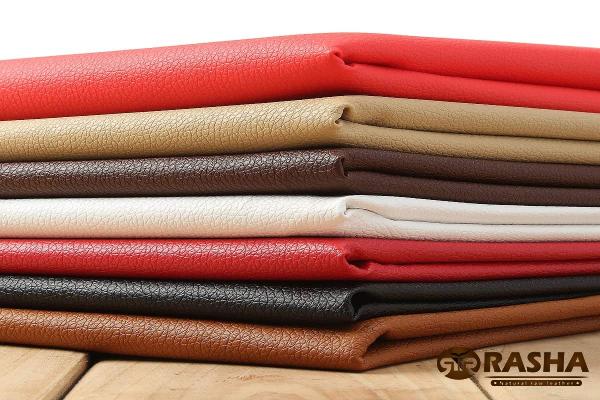
leather
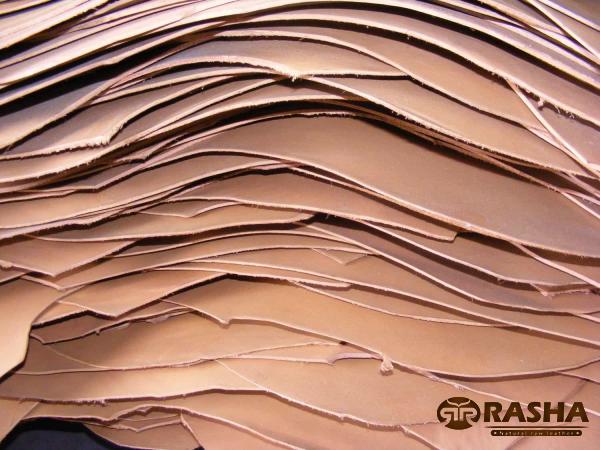 4. Key Considerations for Wholesale Buyers: a. Quality Control: When purchasing suede leather hides wholesale, it is crucial for buyers to prioritize quality control. This involves ensuring that the hides meet specific standards, such as consistent texture, thickness, color, and absence of defects. b. Supplier Reputation: Researching and choosing a reliable supplier is vital when venturing into wholesale suede leather hides. Buyers should consider factors such as the supplier’s experience, reputation, customer references, and commitment to ethical and sustainable sourcing. c. Quantity and Pricing: Determining the required quantity and negotiating favorable pricing terms are essential aspects of the wholesale purchasing process. Buyers should assess their production requirements, budget, and market demand to strike a balance between quantity and cost-effectiveness. d. Customer Support and Services: Wholesale buyers should also consider the level of customer support and services provided by the supplier. This includes aspects such as timely delivery, assistance with shipping logistics, after-sales support, and the ability to accommodate custom orders. e. Ethical Sourcing: With growing consumer awareness and demand for ethically-sourced products, ensuring that the suede leather hides are sourced responsibly is crucial. Buyers should inquire about the supplier’s ethical practices, including animal welfare standards and adherence to international environmental regulations. Conclusion: Wholesale suede leather hides offer numerous benefits to manufacturers, suppliers, and distributors across various industries. Its durability, soft and luxurious texture, versatility, aesthetic appeal, and sustainable nature have contributed to its popularity in the market. Potential buyers need to consider factors such as quality control, supplier reputation, pricing, customer support, and ethical sourcing when venturing into the wholesale suede leather hides market. Investing in wholesale suede leather hides can help businesses stay ahead in their respective industries while meeting the growing demand for premium-quality and eco-friendly products. I. Licensing and Certification: One aspect that wholesale buyers of suede leather hides must consider is licensing and certification. It is important to ensure that the supplier complies with all legal requirements and industry standards. This includes obtaining the necessary licenses and certifications for the manufacturing and distribution of suede leather products. Buyers should also inquire about the supplier’s compliance with international standards such as the Leather Working Group certification, which ensures responsible environmental practices across the supply chain. II. Supply Chain Transparency: Transparency in the supply chain is crucial for wholesale buyers to ensure ethical sourcing and maintain brand credibility. Buyers should inquire about the supplier’s sourcing practices, ensuring that the suede leather hides are obtained from reputable tanneries that adhere to environmental regulations and animal welfare standards. Additionally, understanding the supplier’s supply chain process can help identify potential bottlenecks and ensure timely delivery of orders.
4. Key Considerations for Wholesale Buyers: a. Quality Control: When purchasing suede leather hides wholesale, it is crucial for buyers to prioritize quality control. This involves ensuring that the hides meet specific standards, such as consistent texture, thickness, color, and absence of defects. b. Supplier Reputation: Researching and choosing a reliable supplier is vital when venturing into wholesale suede leather hides. Buyers should consider factors such as the supplier’s experience, reputation, customer references, and commitment to ethical and sustainable sourcing. c. Quantity and Pricing: Determining the required quantity and negotiating favorable pricing terms are essential aspects of the wholesale purchasing process. Buyers should assess their production requirements, budget, and market demand to strike a balance between quantity and cost-effectiveness. d. Customer Support and Services: Wholesale buyers should also consider the level of customer support and services provided by the supplier. This includes aspects such as timely delivery, assistance with shipping logistics, after-sales support, and the ability to accommodate custom orders. e. Ethical Sourcing: With growing consumer awareness and demand for ethically-sourced products, ensuring that the suede leather hides are sourced responsibly is crucial. Buyers should inquire about the supplier’s ethical practices, including animal welfare standards and adherence to international environmental regulations. Conclusion: Wholesale suede leather hides offer numerous benefits to manufacturers, suppliers, and distributors across various industries. Its durability, soft and luxurious texture, versatility, aesthetic appeal, and sustainable nature have contributed to its popularity in the market. Potential buyers need to consider factors such as quality control, supplier reputation, pricing, customer support, and ethical sourcing when venturing into the wholesale suede leather hides market. Investing in wholesale suede leather hides can help businesses stay ahead in their respective industries while meeting the growing demand for premium-quality and eco-friendly products. I. Licensing and Certification: One aspect that wholesale buyers of suede leather hides must consider is licensing and certification. It is important to ensure that the supplier complies with all legal requirements and industry standards. This includes obtaining the necessary licenses and certifications for the manufacturing and distribution of suede leather products. Buyers should also inquire about the supplier’s compliance with international standards such as the Leather Working Group certification, which ensures responsible environmental practices across the supply chain. II. Supply Chain Transparency: Transparency in the supply chain is crucial for wholesale buyers to ensure ethical sourcing and maintain brand credibility. Buyers should inquire about the supplier’s sourcing practices, ensuring that the suede leather hides are obtained from reputable tanneries that adhere to environmental regulations and animal welfare standards. Additionally, understanding the supplier’s supply chain process can help identify potential bottlenecks and ensure timely delivery of orders.
Specifications of leather
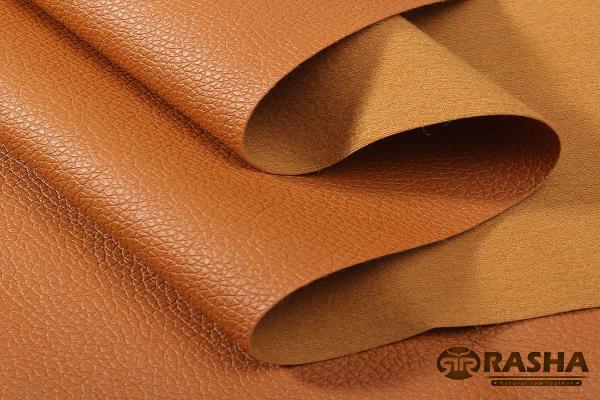 III. Customization and Specialization: Wholesale buyers may have specific requirements for their suede leather products. Some suppliers offer customization options, allowing buyers to choose the desired color, thickness, and finish of suede leather hides. Additionally, certain suppliers specialize in particular types of suede leather hides, catering to specific industries or applications. It is essential to find a supplier that can cater to the buyer’s customization needs or specializes in the specific type of suede leather hides required. IV. Bulk Ordering and Discounts: One of the primary benefits of wholesale purchasing is the ability to order suede leather hides in bulk quantities. Wholesale buyers can often negotiate discounts based on the volume of their orders, helping them reduce costs and increase profit margins. Buyers should discuss bulk ordering options and pricing terms with the supplier to ensure a mutually beneficial agreement. V. Quality Assurance: Maintaining consistent quality is crucial for wholesale buyers who aim to deliver high-quality products to their customers. Before placing bulk orders, buyers should request samples of the suede leather hides to assess their quality. This includes evaluating factors such as texture, colorfastness, and overall durability. By ensuring consistent quality, buyers can establish a reputation for offering premium products in the market. VI. Building Long-Term Relationships: Wholesale buyers should aim to establish long-term relationships with their suppliers. This can foster trust, better communication, and more favorable terms for future transactions. Regularly evaluating the supplier’s performance, providing feedback, and addressing any concerns promptly can help build a strong and reliable partnership. VII. Market Trends and Consumer Demand: Keeping abreast of market trends and consumer demand is essential for wholesale buyers to stay competitive. By monitoring the latest fashion trends, interior design preferences, and emerging consumer demands, buyers can align their product offerings with market needs. This includes staying updated on color preferences, design innovations, and sustainability initiatives within the suede leather industry. VIII. Shipping and Logistics: Wholesale buyers should consider the shipping and logistics aspects of their suede leather hides purchase. Understanding the transportation time frames, shipping costs, and import/export regulations is crucial to ensure timely delivery and smooth logistics operations. Buyers should discuss shipping arrangements with the supplier and explore options such as consolidated shipping or partnering with a reliable freight forwarder.
III. Customization and Specialization: Wholesale buyers may have specific requirements for their suede leather products. Some suppliers offer customization options, allowing buyers to choose the desired color, thickness, and finish of suede leather hides. Additionally, certain suppliers specialize in particular types of suede leather hides, catering to specific industries or applications. It is essential to find a supplier that can cater to the buyer’s customization needs or specializes in the specific type of suede leather hides required. IV. Bulk Ordering and Discounts: One of the primary benefits of wholesale purchasing is the ability to order suede leather hides in bulk quantities. Wholesale buyers can often negotiate discounts based on the volume of their orders, helping them reduce costs and increase profit margins. Buyers should discuss bulk ordering options and pricing terms with the supplier to ensure a mutually beneficial agreement. V. Quality Assurance: Maintaining consistent quality is crucial for wholesale buyers who aim to deliver high-quality products to their customers. Before placing bulk orders, buyers should request samples of the suede leather hides to assess their quality. This includes evaluating factors such as texture, colorfastness, and overall durability. By ensuring consistent quality, buyers can establish a reputation for offering premium products in the market. VI. Building Long-Term Relationships: Wholesale buyers should aim to establish long-term relationships with their suppliers. This can foster trust, better communication, and more favorable terms for future transactions. Regularly evaluating the supplier’s performance, providing feedback, and addressing any concerns promptly can help build a strong and reliable partnership. VII. Market Trends and Consumer Demand: Keeping abreast of market trends and consumer demand is essential for wholesale buyers to stay competitive. By monitoring the latest fashion trends, interior design preferences, and emerging consumer demands, buyers can align their product offerings with market needs. This includes staying updated on color preferences, design innovations, and sustainability initiatives within the suede leather industry. VIII. Shipping and Logistics: Wholesale buyers should consider the shipping and logistics aspects of their suede leather hides purchase. Understanding the transportation time frames, shipping costs, and import/export regulations is crucial to ensure timely delivery and smooth logistics operations. Buyers should discuss shipping arrangements with the supplier and explore options such as consolidated shipping or partnering with a reliable freight forwarder.
buy leather
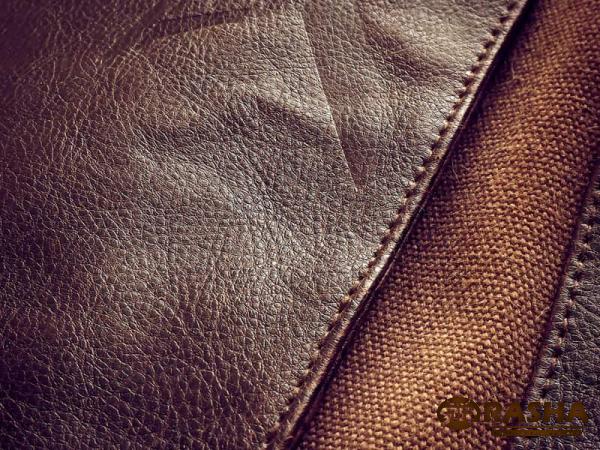 IX. Product Testing and Quality Control: To ensure that the suede leather hides meet the required quality standards, wholesale buyers can consider independent product testing and quality control measures. Working with reputable third-party testing laboratories can provide an objective evaluation of the physical and chemical properties of the suede leather hides, ensuring they comply with industry standards and customer expectations. X. Pricing Strategies: Wholesale buyers should develop effective pricing strategies to remain competitive while ensuring profitability. Factors such as production costs, market demand, and competitor pricing should be carefully considered. Buyers can also analyze the pricing structures of key competitors to develop a pricing strategy that reflects the value of their products while appealing to their target market. XI. Marketing and Branding: Wholesale buyers of suede leather hides should consider their marketing and branding initiatives to effectively position their products in the market. This includes creating a brand identity, developing marketing campaigns, and utilizing digital platforms to reach potential customers. Buyers can also collaborate with designers, influencers, or industry professionals to increase brand visibility and build credibility. XII. Professional Development: Wholesale buyers can benefit from continuously improving their knowledge and skills in the suede leather industry. This can be achieved through attending trade shows, workshops, or conferences focused on the leather and fashion industries. Staying informed about the latest manufacturing techniques, technological advancements, and industry best practices can help wholesale buyers refine their purchasing strategies and remain ahead of the market. Conclusion: Wholesale purchasing of suede leather hides offers numerous advantages to businesses across various industries. By considering aspects such as licensing and certification, supply chain transparency, customization options, bulk ordering and discounts, quality assurance, and building strong relationships with suppliers, wholesale buyers can optimize their sourcing and procurement processes. Additionally, staying updated on market trends, evaluating shipping and logistics arrangements, implementing product testing and quality control measures, and developing effective pricing, marketing, and branding strategies can help wholesale buyers position themselves successfully in the suede leather market. Continuous professional development is also crucial for wholesale buyers to stay ahead and adapt to industry changes. By following these guidelines, wholesale buyers can thrive in the competitive market for suede leather hides and deliver high-quality products to satisfy customer demands.
IX. Product Testing and Quality Control: To ensure that the suede leather hides meet the required quality standards, wholesale buyers can consider independent product testing and quality control measures. Working with reputable third-party testing laboratories can provide an objective evaluation of the physical and chemical properties of the suede leather hides, ensuring they comply with industry standards and customer expectations. X. Pricing Strategies: Wholesale buyers should develop effective pricing strategies to remain competitive while ensuring profitability. Factors such as production costs, market demand, and competitor pricing should be carefully considered. Buyers can also analyze the pricing structures of key competitors to develop a pricing strategy that reflects the value of their products while appealing to their target market. XI. Marketing and Branding: Wholesale buyers of suede leather hides should consider their marketing and branding initiatives to effectively position their products in the market. This includes creating a brand identity, developing marketing campaigns, and utilizing digital platforms to reach potential customers. Buyers can also collaborate with designers, influencers, or industry professionals to increase brand visibility and build credibility. XII. Professional Development: Wholesale buyers can benefit from continuously improving their knowledge and skills in the suede leather industry. This can be achieved through attending trade shows, workshops, or conferences focused on the leather and fashion industries. Staying informed about the latest manufacturing techniques, technological advancements, and industry best practices can help wholesale buyers refine their purchasing strategies and remain ahead of the market. Conclusion: Wholesale purchasing of suede leather hides offers numerous advantages to businesses across various industries. By considering aspects such as licensing and certification, supply chain transparency, customization options, bulk ordering and discounts, quality assurance, and building strong relationships with suppliers, wholesale buyers can optimize their sourcing and procurement processes. Additionally, staying updated on market trends, evaluating shipping and logistics arrangements, implementing product testing and quality control measures, and developing effective pricing, marketing, and branding strategies can help wholesale buyers position themselves successfully in the suede leather market. Continuous professional development is also crucial for wholesale buyers to stay ahead and adapt to industry changes. By following these guidelines, wholesale buyers can thrive in the competitive market for suede leather hides and deliver high-quality products to satisfy customer demands.
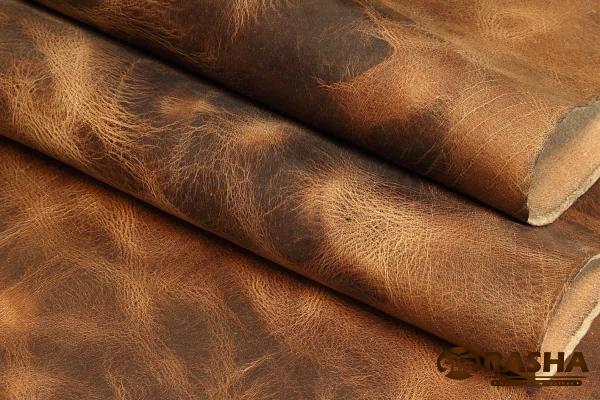
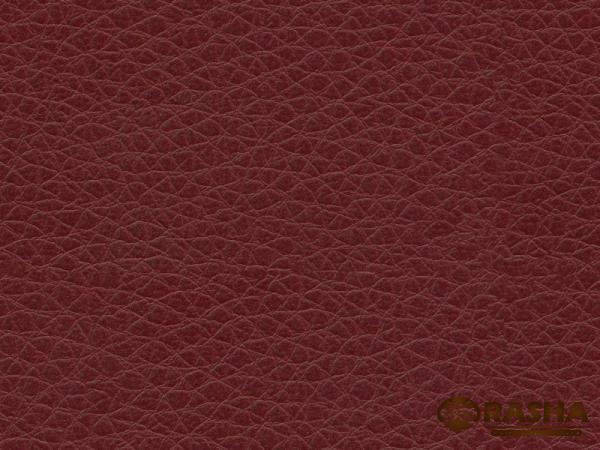
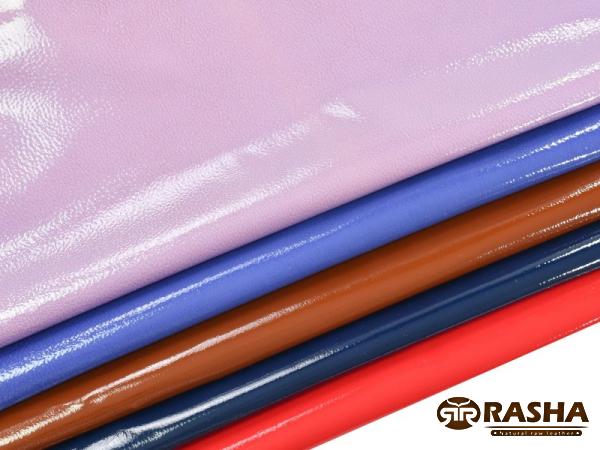
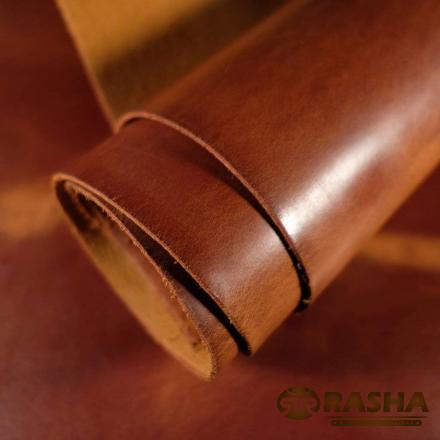
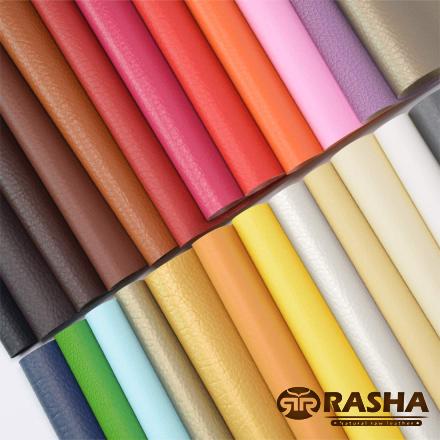
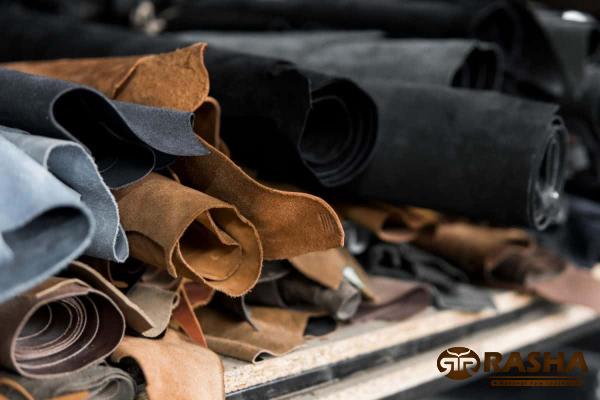
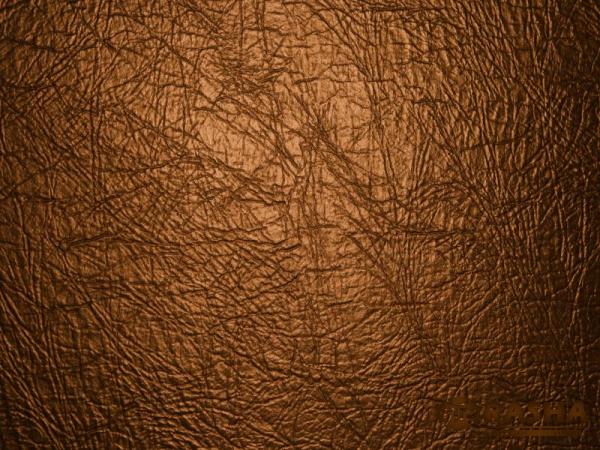
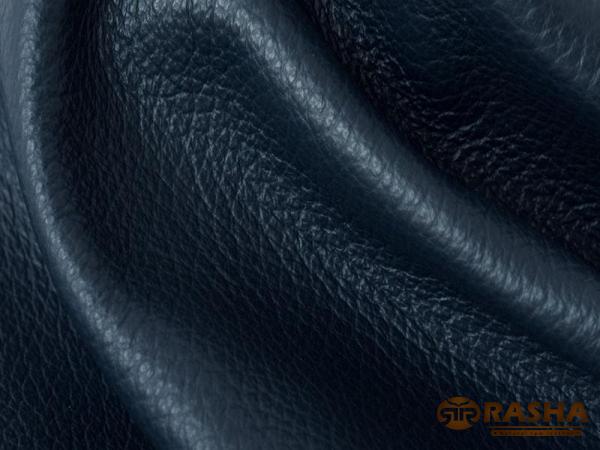
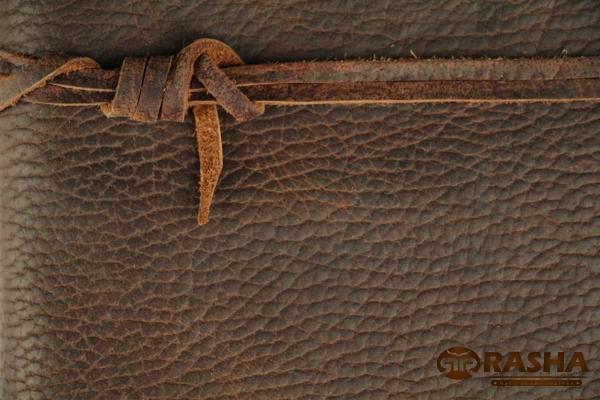
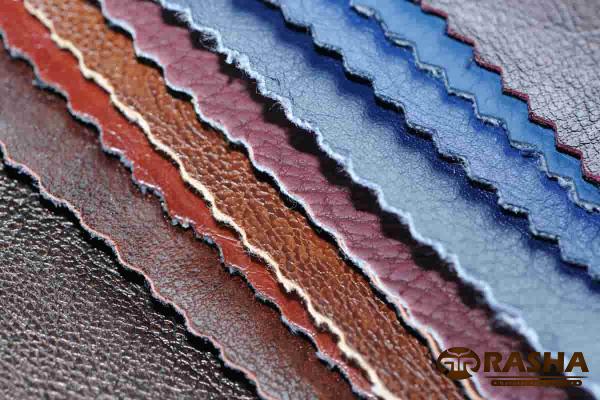
Your comment submitted.